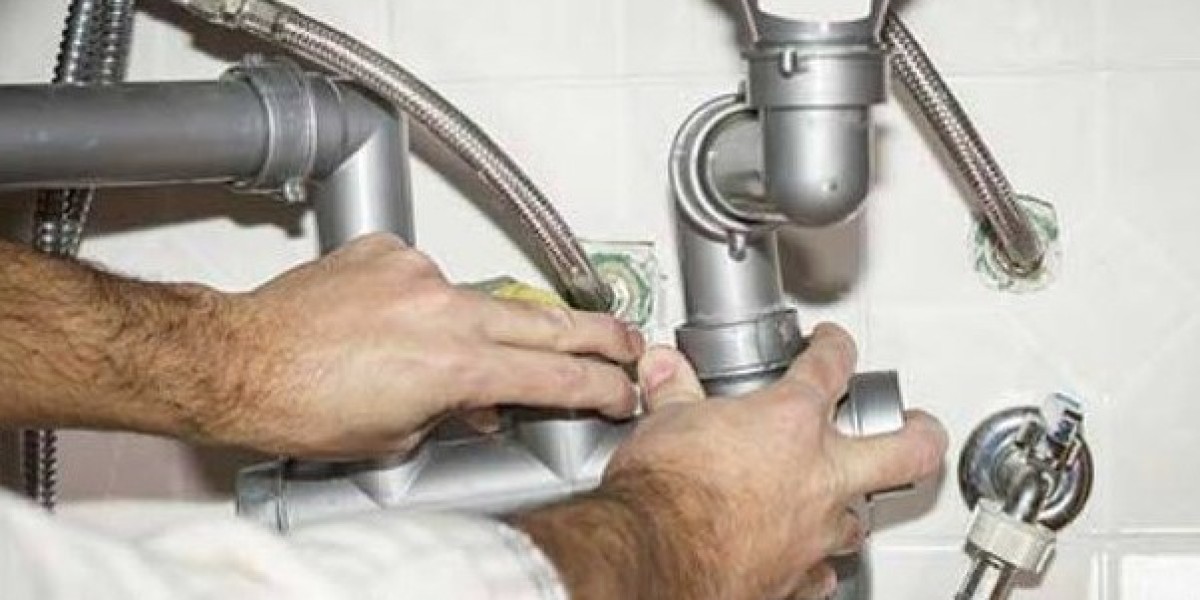Plumbing systems are a vital part of every home, but they can also become a source of danger if not handled with care. From water leaks to gas lines, the potential hazards of plumbing issues make safety knowledge essential. Whether you enjoy DIY projects or simply want to be prepared for emergencies, there are important precautions every homeowner should follow. What You Should Know is that even with the right knowledge, some plumbing tasks are best left to professionals like Plumbers in Hawthorne, CA who have the training, tools, and expertise to ensure everything is done correctly and safely.
Why Plumbing Safety Matters
Many people underestimate how risky plumbing work can be. It often involves water pressure, electrical systems, chemicals, and even natural gas connections. Without proper precautions, you could face flooding, electrical shock, exposure to harmful materials, or even fire hazards. Taking the right steps to protect yourself, your family, and your property ensures that small issues don’t turn into dangerous situations.
Know Your Home’s Plumbing System
One of the most important safety measures is simply understanding how your plumbing system works. Every homeowner should:
Locate the main water shut-off valve – In emergencies like burst pipes, shutting off the water quickly can prevent extensive damage.
Identify gas shut-off valves – If you have gas-powered appliances, knowing where to turn them off can save lives.
Learn about water pressure – Excessively high water pressure can damage pipes and fixtures. Installing a pressure regulator is a smart safety step.
Having this knowledge can make you more confident in handling minor problems and responding to emergencies before professional help arrives.
Essential Protective Gear for Plumbing Work
If you decide to handle small repairs yourself, wearing proper protective gear can significantly reduce risks:
Gloves – Protect your hands from sharp edges, hot water, and harmful substances.
Safety goggles – Prevent splashes of dirty water, chemicals, or debris from reaching your eyes.
Work boots – Non-slip boots reduce the chance of slipping on wet surfaces.
Knee pads – Plumbing often involves kneeling, so protecting your joints helps prevent injuries.
Never attempt plumbing repairs without proper gear, as even simple tasks can present hidden hazards.
Electrical Safety and Plumbing
Water and electricity are a dangerous combination. Before working near electrical appliances, outlets, or wiring, make sure the power is shut off in the affected area. Be extra cautious around water heaters, dishwashers, and washing machines, as they involve both plumbing and electrical connections.
If you suspect electrical components are involved in your plumbing problem, it’s best to call a licensed professional. Handling such issues on your own can expose you to serious risks, including electrocution.
Chemical Drain Cleaners – A Hidden Hazard
Many homeowners rely on chemical drain cleaners to clear clogs, but these products can be dangerous. They often contain harsh acids or alkaline substances that can:
Corrode pipes over time
Cause chemical burns if splashed on the skin
Release harmful fumes when mixed with other cleaners
Instead, opt for mechanical solutions such as a plunger or plumber’s snake. For stubborn blockages, calling a professional is a safer and more effective option.
Proper Tool Use
Using the wrong tool or applying too much force can cause damage to pipes, fixtures, and even your body. Always use the appropriate plumbing tools, such as:
Pipe wrenches for tightening or loosening fittings
Plunger for minor clogs
Basin wrench for hard-to-reach nuts under sinks
Teflon tape for sealing threaded connections
Improvising with the wrong tools often leads to more damage, which can increase repair costs in the long run.
Gas Line Safety
Some plumbing systems are connected to gas appliances like stoves, water heaters, and furnaces. Working with gas lines is extremely dangerous if you’re not trained. Even a small leak can lead to poisoning, explosions, or fires.
Signs of a gas leak include:
A rotten egg smell
Hissing sounds near gas lines
Sudden dizziness or nausea indoors
If you suspect a gas leak, evacuate your home immediately and call emergency services. Only certified professionals should handle gas-related plumbing tasks.
Preventing Flooding During Repairs
Before starting any plumbing repair, always shut off the water supply to the fixture or the entire house. Place buckets or towels nearby to catch residual water when disconnecting pipes. This small step can prevent large-scale flooding and costly water damage.
Installing water leak detectors in your home is also a wise precaution. These devices alert you to leaks before they escalate into major problems.
When to Call the Professionals
While homeowners can handle simple tasks like unclogging a sink or replacing a faucet washer, certain plumbing jobs should never be attempted without training. These include:
Sewer line repairs
Gas line work
Major pipe replacements
Water heater installation or repair
Professionals not only bring experience but also ensure compliance with safety codes and regulations. Relying on expert plumbers helps protect both your property and your health.
Final Thoughts on Plumbing Safety
Plumbing is an essential part of daily life, but it’s also full of hidden risks that every homeowner should take seriously. From protective gear and safe tool use to understanding when to call professionals, these tips can help you maintain your system without unnecessary danger.
What You Should Know is that no matter how handy you may be, certain plumbing jobs are best left to experienced Plumbers in Hawthorne, CA, who can handle complex problems safely and effectively. By combining awareness, preparation, and professional support, you can ensure your plumbing system runs smoothly while keeping your home safe.








